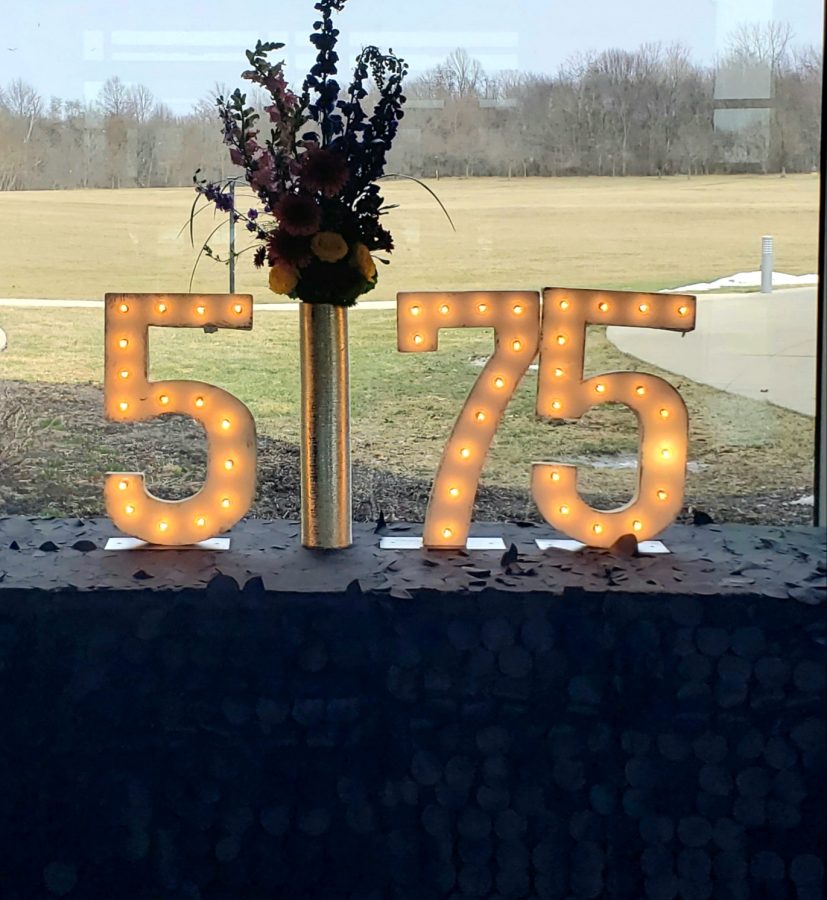Students to share in $9.7 million in federal grants
Students have more to celebrate than PNW’s fifth anniversary since the merger (and 75th anniversary since a predecessor school’s founding). They will share in $9.7 million in pandemic relief funds.
PNW students will share in $9.7 million dollars of federal aid.
Up to 3,400 students will receive payments of up to $3,000. The funds are part of the Higher Education Emergency Relief Fund III (HEERF III), funded by the federal American Rescue Plan passed by Congress last year. Benefits go to students with exceptional need or faced significant pandemic-related expenses.
Though notifications were sent to more eligible students, only the 3,400 submitted applications by the February deadline.
“Over 10,000 emails were sent out for HEERF III applications to students who were in attendance from March 2020 to the present,” said Kale Wilk, a university spokesman. “Students’ applications are currently being reviewed. As disbursements are prepared to go out, students will be notified.”
In October, 5,276 students received HEERF III funds, when the maximum grant was $1,000. This semester, the maximum grant size has tripled.
This program allocated nearly $40 billion to colleges and universities nationally.
Funds are meant to support students who have faced financial hardships during the past 20 months. The Department of Education released new guidance on how colleges can use existing HEERF funds to support students’ basic needs, such as childcare, housing, and food insecurity.
“Students were able to apply for [help with] unexpected expenses related to the COVID pandemic,” said Wilk. “Hopefully, the funds they receive will assist somewhat in helping to recoup costs, pay bills and more.”
Recipients of last semester’s grants say they helped.
“The very first time I received HEERF funds, I was so relieved,” said senior Diamond Lavender, a Psychology major. “Being a young adult in college, working and going through a pandemic were definitely great stressors.
“I live on campus and pay rent out of pocket,” she said. “The majority of those funds were used toward my remaining balance, household items and other bills.”
New grant applicants are just as enthusiastic.
“This was my first time applying and having the opportunity to receive up to $3,000 in aid is very beneficial, especially as a first-generation college student,” said freshman Roosevelt Boyd, a Broadcasting major. “It is already stressful trying to get the hang of college, but not having to worry about the next meal or a textbook fee takes a load off.”
Though this is the second disbursement of HEERF III, it does not look like there will be a third.
“Currently there are no talks happening that indicate another round of funding is coming,” said Wilk. “This appears to be the last of the relief aid.”


